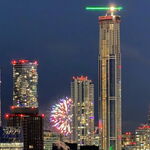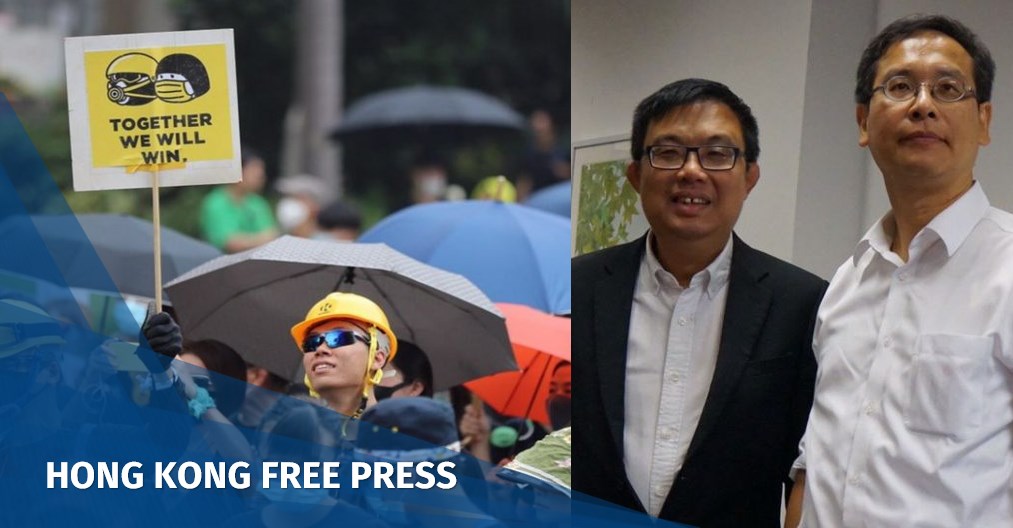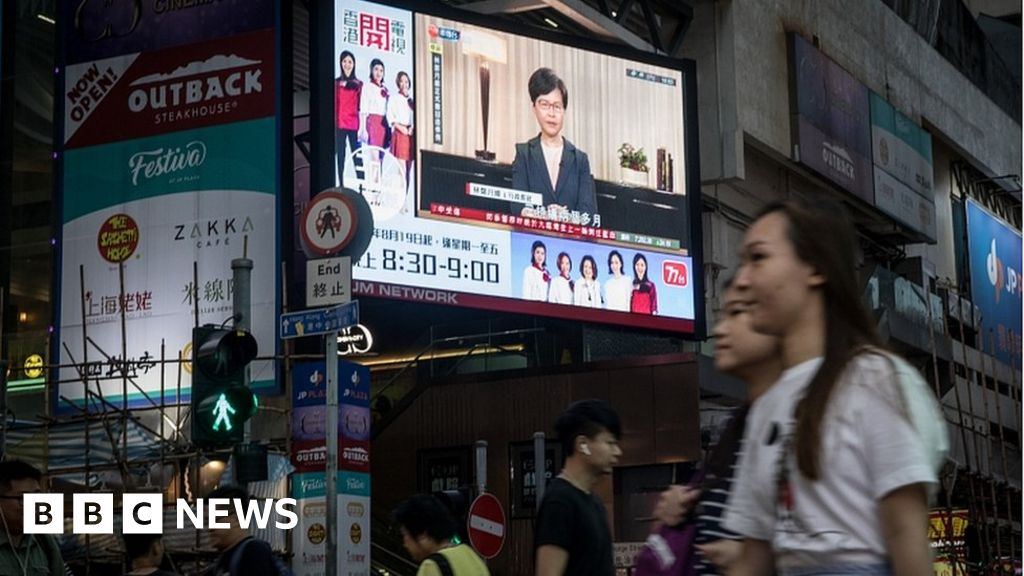AlvinofDiaspar
Moderator
Again, these are observations, but I think that Beijing could have potentially gotten away with it if they had stuck to a do-nothing route and simply continued down the road of increased cultural/economic integration with the mainland and the dilution of the existing population through in-migration from the mainland.
Of course, the Communists meddled too much and we are here now.
I think the protests were a conversation that needed to happen- China is retreating from the envisioned liberalization in the late 1990s, and the future of the city needs to be questioned.
If you haven't noticed, they have already gotten away, protest or no protest. Let's not kid ourselves with the importance of this temporary sideshow that seemingly reinforces our notion of good guys, bad guys and not ask ourselves the more difficult question of how we got here in the first place.
AoD
Last edited:







